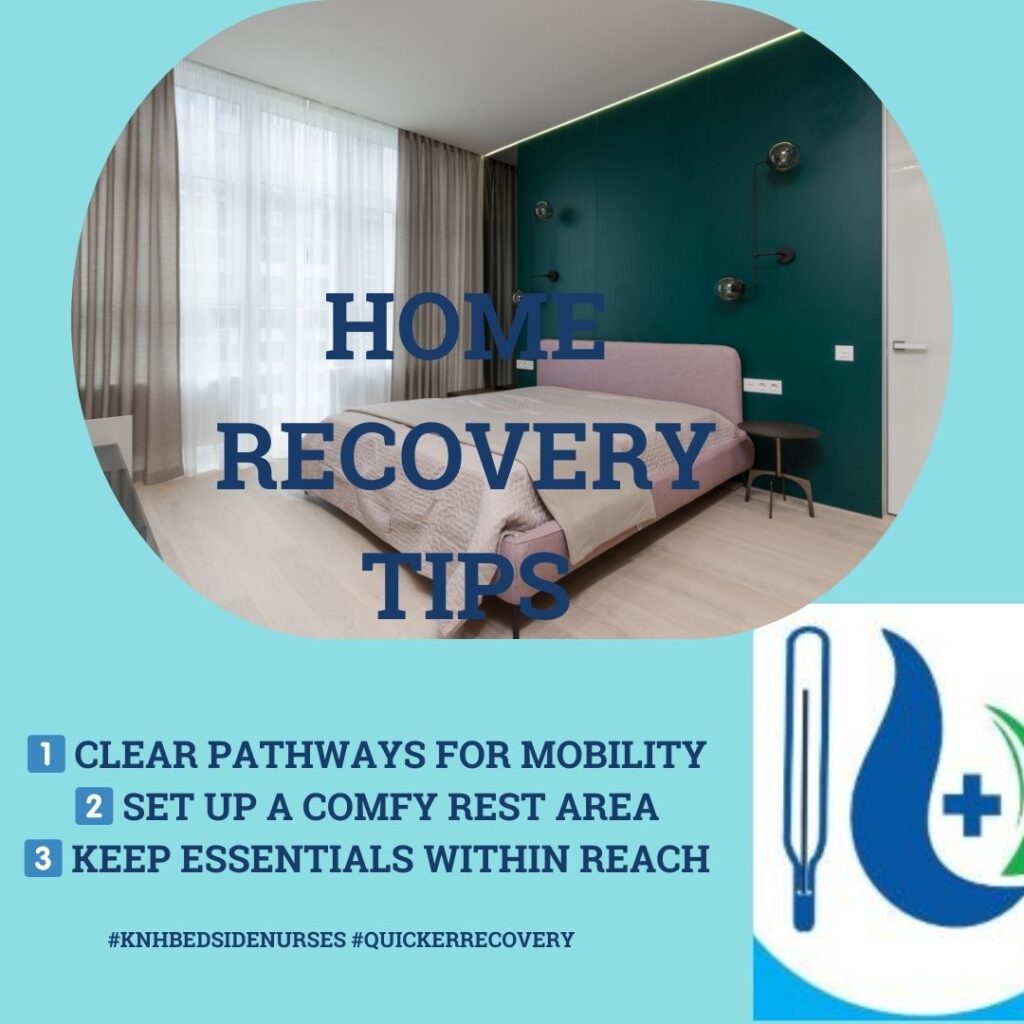IRecovery and caregiving can take a toll on both physical and mental energy. Whether you’re a patient receiving bedside nursing care or someone supporting a loved one, maintaining energy levels is essential. Nutrient therapy—the targeted use of vitamins, minerals, and supplements—can be a powerful tool in restoring and sustaining energy throughout the recovery journey.

How Nutrient Therapy Helps with Energy
While a healthy diet is always important, certain nutrients play a key role in recharging your body:
- B Vitamins: B-complex vitamins (like B12 and B6) are essential for converting food into energy and improving brain function. Deficiency can lead to fatigue and sluggishness.
- Iron: Iron supports the production of red blood cells, which carry oxygen throughout the body. Low iron levels can result in tiredness and weakness.
- Magnesium: Known to regulate muscle and nerve function, magnesium also plays a role in energy production. It helps patients relax and sleep better, which in turn boosts energy levels.
- Omega-3 Fatty Acids: These healthy fats reduce inflammation and improve mental focus, helping both patients and caregivers stay sharp and active.
- Vitamin D: Often called the “sunshine vitamin,” it supports mood regulation and energy balance, making it crucial for bedridden patients.
Benefits of Bedside Care: Nutrient Therapy and Energy Boost for Patients
For those receiving bedside nursing, nutrient therapy offers several advantages:

- Improved Recovery: Proper nutrients support the body’s healing processes, helping you regain strength faster.
- Steady Energy Levels: Instead of experiencing energy crashes, nutrient therapy ensures sustained vitality throughout the day.
- Better Sleep Quality: Nutrients like magnesium help regulate the sleep-wake cycle, leading to more restful sleep and better daytime energy.
- Enhanced Mood: Proper nutrition helps combat fatigue-induced irritability, supporting a positive mindset during recovery.
How Bedside Nurses Incorporate Nutrient Therapy
Bedside nurses work closely with healthcare providers to monitor dietary intake and recommend supplements where necessary. They ensure patients stay hydrated, manage nutrient deficiencies, and encourage balanced meals that promote energy and well-being.
What’s the Best Eating Pattern When You’re Unwell
When you’re sick, eat small, frequent meals with healthy foods like lean proteins, whole grains, fruits, and veggies. Drink plenty of water or broths, choose soothing foods like soups, and avoid spicy or greasy meals to help you recover. Talk with your caretaker or bedside nurse about what you feel like eating so they can create a healthy meal plan that suits your preferences and comfort.
Take Charge of Your Energy and Recovery
Whether you’re recovering from surgery, illness, or simply managing chronic conditions, nutrient therapy can give your body the boost it needs. It’s not just about healing faster—it’s about staying energized and positive throughout the process.
Need support? Talk to your bedside nurse or healthcare provider to explore personalized nutrient therapy options. 🌟💪
With the right care and nutrition, every step of recovery can be empowering.
